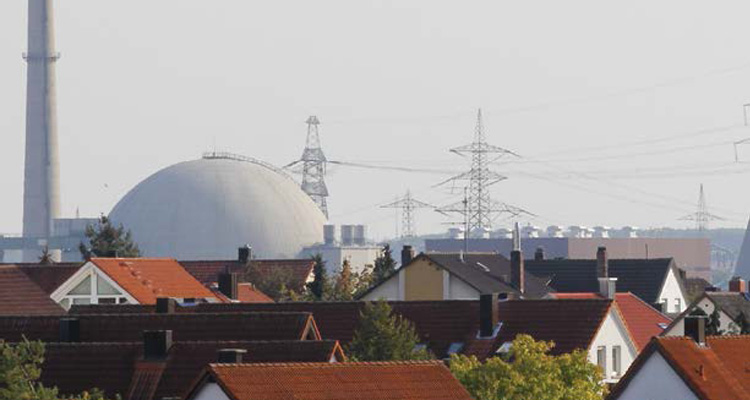
The New Jersey Worker and Community Right to Know Act (1983) and the federal Emergency Planning and Community Right to Know Act of 1986 were developed to protect public health and the environment by ensuring that communities and workers are informed about the toxic chemicals being released into the air, land and water.
The New Jersey Worker and Community Right to Know Act states "the proliferation of hazardous substances in the environment poses a growing threat to the public health, safety, and welfare….and that individuals have an inherent right to know the full range of risks they face so that they can make reasoned decisions and take informed action concerning their employment and their living conditions."
The federal Emergency Planning and Community Right to Know Act (EPCRA) guarantees the legal right of citizens to review emergency response plans (ERPs). These plans must be developed and updated annually by all counties and municipalities.
Even though New Jersey has more than 3,000 facilities that use hazardous chemicals, the State Emergency Response Commission (SERC) has failed to meet its legal obligation to ensure public access to ERPs.
- Housing and Mortgage Finance Agency
- Department of Human Services
- New Jersey Redevelopment Authority
- Education
- New Jersey Division of Consumer Affairs
- Department of State
- Business Action Center - Department of State
- Office of Secretary of Higher Education
- Plastics Advisory Council
- Department of Treasury
- Higher Education
- State Agriculture Development Council
- New Jersey Transit Village Program
- Metropolitan Planning Organizations
- New Jersey Transit
- State Planning Commission
- Secretary of State - Office of Planning Advocacy
- Secretary of State - Division of Travel and Tourism
- Secretary of State
- Drinking Water Quality Institute
- Office of the Attorney General
- First Lady’s Office
- Governor’s Office - Authorities Unit
- Governor’s Office
- Department of Labor and Workforce Development
- Schools Development Authority
- Office of Emergency Management
- Agriculture
- Department of Education
- Department of Health
- Department of Children and Families
- Economic Development Agency
- Infrastructure Bank
- Board of Public Utilities
- Department of Transportation
- Department of Community Affairs
- Department of Environmental Protection
- Motor Vehicles Commission